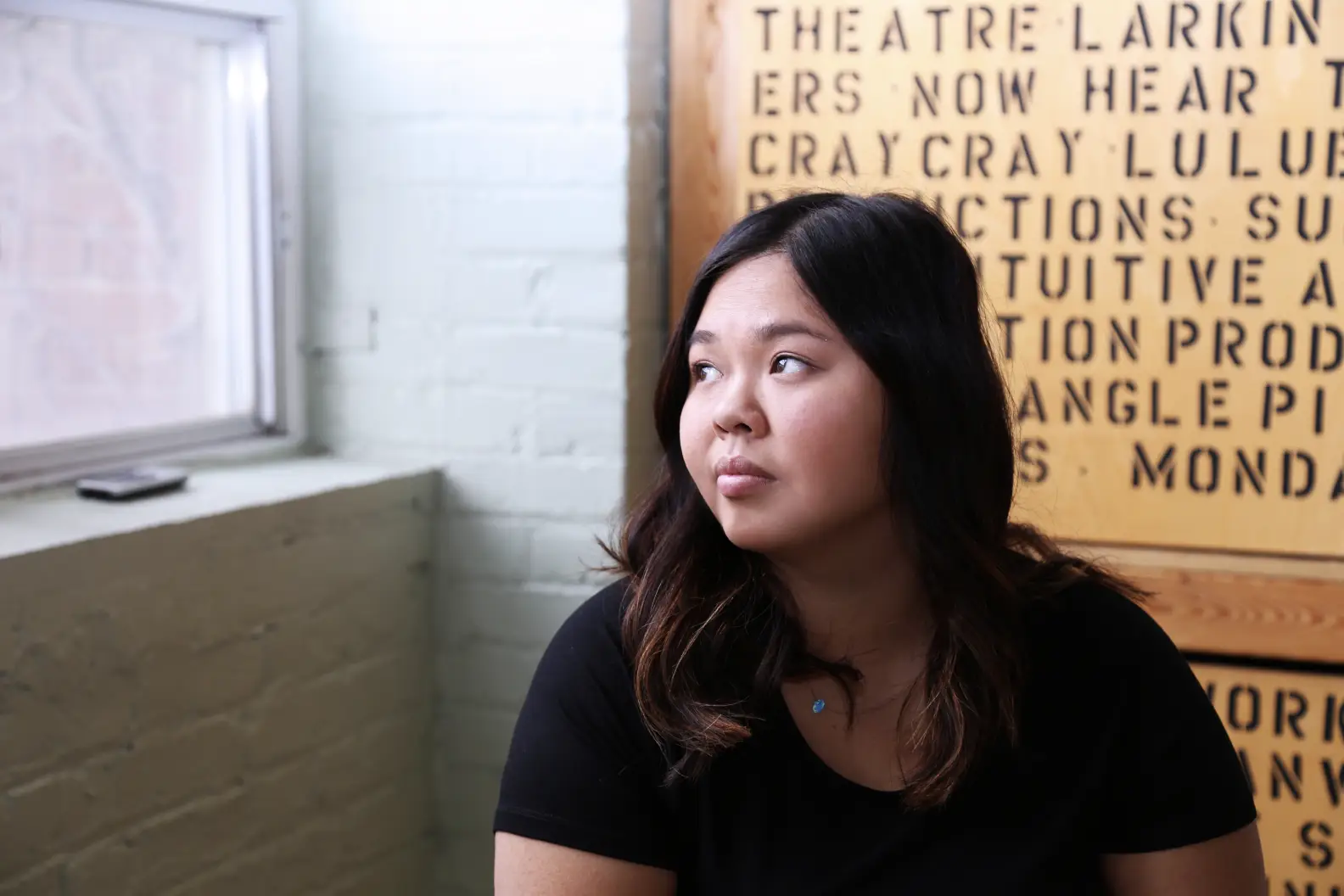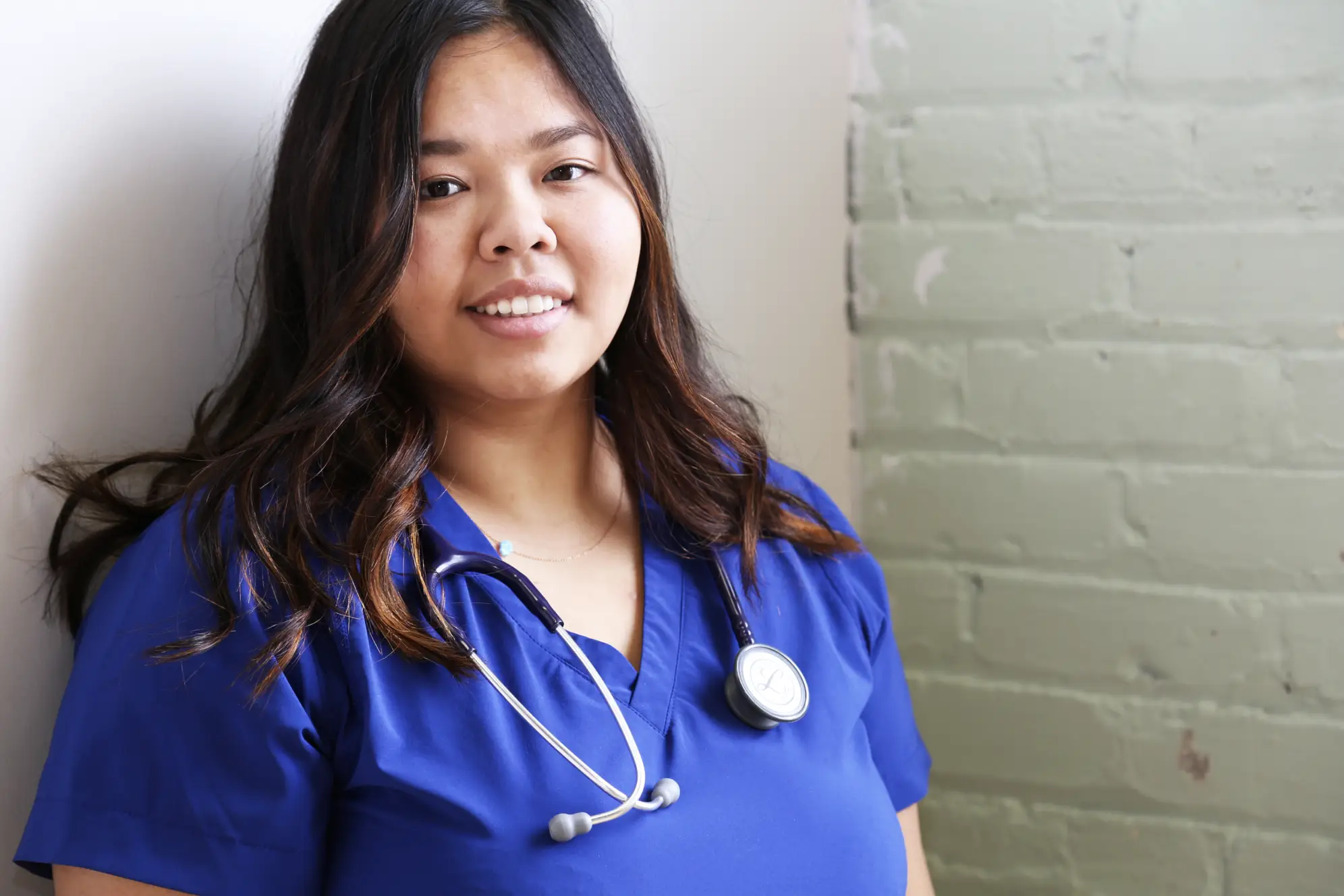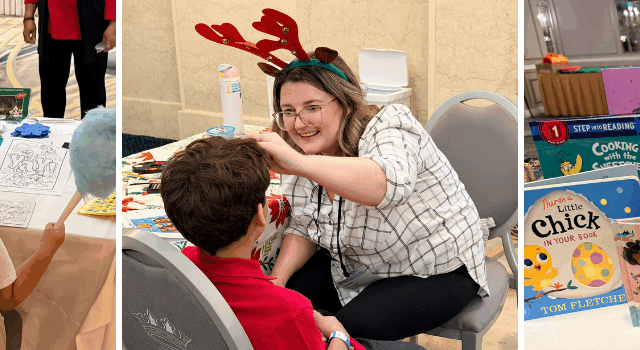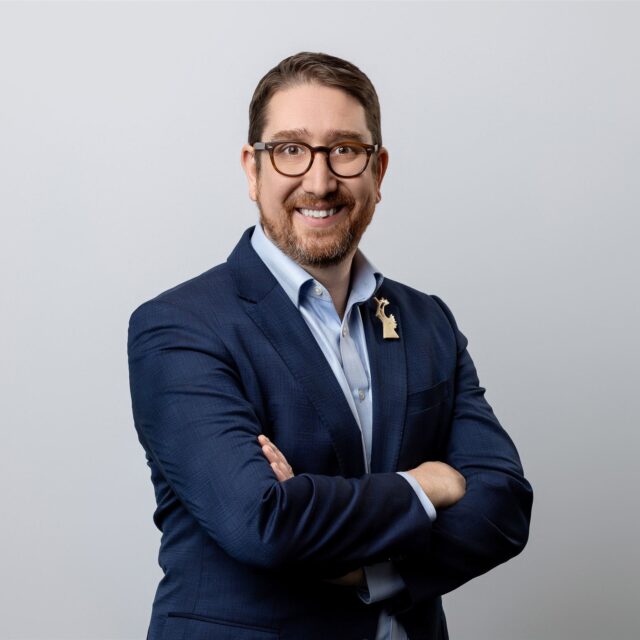In continuation of our Young People in Profile series, this month we’re focusing on CHRISTINA and the pursuit of employment for young people from the child welfare system. CHRISTINA is a former youth in care who will become a registered nurse at the end of April. In May, she will begin her very first nursing job.
For many youth in care, the transition to adulthood and independence can be a challenge. With little to no financial or emotional support, they often struggle to secure work and the education needed to get there. By supporting these youth through Foundation funding and internship opportunities, young people like CHRISTINA are able to pursue post-secondary education and careers that will lead to stability and help to break cycles of abuse and neglect from which they’ve come.
Learn more about CAF programs that are helping young people from care achieve employment.
*The opinions and views expressed in this article are that of the youth in profile, and not necessarily reflective of the official opinion or position of the Children’s Aid Foundation.
I remember growing-up and hearing not such great stories about kids in care. It’s harder for them because they’re in the child welfare system, and they have a bad reputation. There’s stigma that you come from a bad family, so you’re not going to be as hardworking. Employers might be hesitant to put trust in them…
“I was in grade six, and one day I got called into the Principal’s office. I was really scared because I’d never done anything to get into trouble, and I remember the Principal was there with police officers. They’d done a search at my house and found drugs along with other evidence of my mom’s boyfriend being abusive. My brother and I were separated for the first two weeks while Children’s Aid worked to secure a home for us together in the Kawartha Lakes. It was really different for us, because we grew-up in the Toronto-area with lots of diverse people, and then we got uprooted into such a small town that was not as diverse. My foster family is white, everyone at school was white, so kids just sort of look at you differently. Adjusting to that peer pressure and finding my identity, that was a big challenge for me.”
Employers might be hesitant to put trust in [youth from care], but if they do, I think that’s how they can overcome barriers. Encouraging youth from care to pursuit their interests, I think helps to normalize their lives.
“It was very important for me to have a family. I still go to my foster family’s home for the holidays, I talk to them every day; they’re my mom and dad. From the start, my foster parents treated me as their daughter, so I never really thought about it in any other way when I met people and had to explain it to them. My foster family was a big part of helping me find who I am and explore my emotions. The Children’s Aid Society was a really big support, they helped with counselling when I was younger, and provided opportunities to do extra-curricular activities. When I entered university, the Foundation supported me with a scholarship and opportunities to meet other youth from care. I remember growing-up and hearing not such great stories about kids in care. It’s harder for them because they’re in the child welfare system, and they have a bad reputation. There’s stigma that you come from a bad family, so you’re not going to be as hardworking. Employers might be hesitant to put trust in them, but if they do, I think that’s how you can overcome barriers. Encouraging youth from care to pursuit their interests, I think helps to normalize their lives.”

Knowledge is power, and that power will allow you to pursue what you want. And, it’s so important for youth to pursue that education so they can then can get the jobs that they want in life.
“I think some youth from care might feel like they have to work harder in the workplace. They might be thinking, ‘oh they’re going to judge me’, and I think providing supports like resume writing and interviewing skills is important to helping them build confidence. Internships just help youth build confidence and widen their networks and increase their resources. I did an internship at the Toronto branch Children’s Aid Society in my third year, and it was really good because I had work experience and met other people who were doing internships, both from and not from care. It really built my interpersonal skills. I remember last year, I was a student speaker at one of the Foundation dinners, and I was so nervous, but after the dinner youth were coming up to me and sharing their stories. I think it’s really helpful for youth from care to have access to the stories of other youth from care.”
“I finished my nursing degree in early January and I just got offered my first nursing job yesterday! Despite being in care, we’re still youth and we’re still human, and we should be treated the same. Knowledge is power, and that power will allow you to pursue what you want. And, it’s so important for youth to pursue that education so they can then can get the jobs that they want in life.”
Support young people like CHRISTINA in achieving their full potential.



